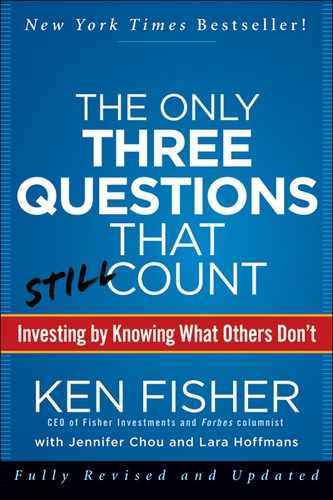Thousands of years ago, our ancestors grouped together for security against other tribes and giant fanged beasts. When darkness fell, they gathered around campfires for warmth, protection and the occasional grilled mammoth burger. By the glowing campfire, they regaled each other with stories of the hunt and mythological tales, carrying their culture to younger generations. On a nice night, warm and mammoth-gorged, they could feel a real sense of security and well-being and envision a beckoning future.
Suddenly, in the dark, a loud and unexplained mammalian noise sliced through their sense of security. Instantly and instinctually, they all looked toward the source of that noise—in the bushes—and prepared for what could be threatening and ugly. An attacking rival tribe, perhaps, or a lion or a stampeding wildebeest herd. Every ear and eye correctly focused on the noise to maximize the human power to identify and, if possible, overcome the threat.
If you were from another tribe and led a warring group wanting to attack this camp, what would you do? To be clever, you might throw a stone or create some other ruckus that distracts the camp—then attack from a different direction. Of course, a stampeding herd wouldn’t do that. But for the camp, in case of a planned attack from clever marauders, a more evolved military-like response would be to have some folks look away from the noise, into the darkness elsewhere, to spot any surprise marauder threat.
The problem? Unless well organized, no group of people behaves that way. You hear a noise in the darkness and you turn toward it. Go camping sometime and see. Your instinctual reaction isn’t to turn away from the noise, but toward it. In Stone Age days, that instinct protected lives from the most common natural forces. From tens of thousands of years of evolution, we are mentally hardwired to turn toward the noise, face it as a group and instinctually presume our ability to immediately unite our tribal eyes and ears and react.
I suspect some readers may be tempted to say, “Not me! I’m smarter than that. I’d look in the other direction. I wouldn’t be fooled.” The next time you hear an unexpected noise, check what your instinctual reaction is. I near guarantee you’ll look to the noise. If you don’t, you’re really, really weird. The person who most thinks he won’t is most certainly the person turning to the noise fastest. The rare bird that doesn’t face the noise doesn’t think about it. To know what your fellow investors don’t know, you must look anywhere but where everyone else is looking. You must train yourself to stop looking toward the noise. Instead, note whenever everyone is looking one direction, whether you hear a noise or not, you should look away—where they’re not.
